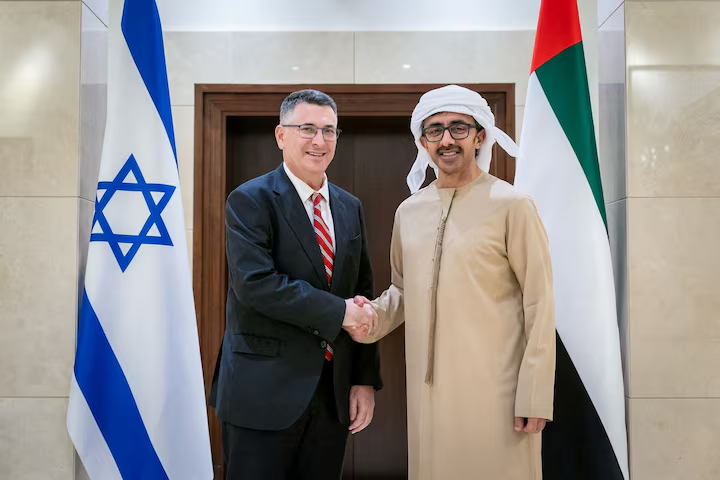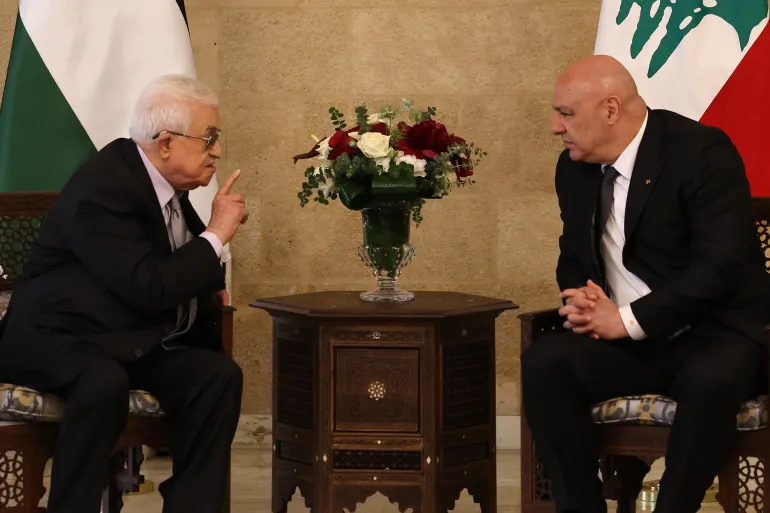The United Arab Emirates (UAE) has reached an agreement with Israel to enable the urgent delivery of humanitarian aid into the Gaza Strip, the UAE’s state news agency WAM reported on Tuesday, May 20, 2025. The deal comes amid mounting international pressure and a worsening humanitarian crisis in Gaza as the Israeli military continues its operations in the enclave.
According to the WAM report, the agreement was made following intensive diplomatic efforts by the UAE leadership to “alleviate the suffering of civilians” and ensure the delivery of food, medical supplies, and essential relief items. The UAE said the aid would be delivered in coordination with international organizations and would focus on areas most affected by conflict and displacement.
“This humanitarian initiative reflects the UAE’s enduring commitment to support the Palestinian people,” the report stated.
Aid Corridor to Be Reopened
The agreement reportedly includes the opening of specific aid corridors jointly managed by Israeli and UAE authorities, with oversight from UN agencies. It is expected to allow a controlled flow of convoys into southern Gaza, where more than a million displaced people are currently sheltering, especially around Rafah.
Israel’s government has not yet formally commented on the report, but sources close to the matter confirmed that “discussions were held” regarding the facilitation of aid. In recent weeks, Israel has faced growing criticism over its blockade policies and limited humanitarian access, particularly from allies such as France, Canada, and the UK.
International Reaction
The announcement was welcomed by humanitarian groups and Western governments, many of whom have warned that Gaza’s humanitarian system is nearing total collapse. The UN Office for the Coordination of Humanitarian Affairs (OCHA) has repeatedly stated that access to food, clean water, and medicine is “critically inadequate.”
“Any breakthrough that enables life-saving aid to reach civilians in Gaza must be encouraged and supported,” said a spokesperson for the World Food Programme.
The United States also cautiously praised the move. A State Department official described the UAE-Israel agreement as a “positive step”, while reiterating that a sustained ceasefire is still urgently needed to prevent further deterioration.
Humanitarian Situation in Gaza
Gaza has been under intense Israeli bombardment since the outbreak of the war in October 2023, with more than 53,000 people killed, according to Gaza’s health authorities. The destruction of civilian infrastructure, including hospitals, roads, and shelters, has left humanitarian agencies unable to effectively deliver aid.
The Rafah border crossing with Egypt has also been severely restricted, further limiting access to essential goods. Aid organizations have warned that malnutrition, dehydration, and untreated injuries are becoming widespread, especially among children and the elderly.
“We are on the brink of famine in some areas,” said Dr. Lina Arabi, a field coordinator with Doctors Without Borders. “Even basic antibiotics are impossible to find.”
UAE’s Expanding Diplomatic Role
The UAE, which normalized relations with Israel under the Abraham Accords in 2020, has increasingly positioned itself as a regional mediator during the Gaza crisis. Emirati officials have been active in dialogue with Egypt, Qatar, and the United States, pushing for humanitarian pauses, hostage releases, and reconstruction planning.
This latest move is part of the UAE’s broader strategy to balance diplomatic ties with Israel while maintaining support for the Palestinian cause, especially in light of domestic and Arab world public sentiment.
Next Steps
While the UAE-Israel agreement is seen as a breakthrough, logistical challenges remain. Aid convoys will still require security clearance, and their movement will depend on the evolving military situation on the ground. Israel has previously suspended aid delivery due to concerns about diversion to Hamas, a point likely to complicate full-scale humanitarian access.
Nonetheless, observers view this as a rare point of cooperation during a period of otherwise heightened conflict and distrust.
“This is not a solution — but it may save lives,” said a senior UN official. “That alone makes it worth pursuing.”
As the crisis in Gaza deepens, the international community will be watching closely to see whether this agreement leads to sustained relief — or becomes just another temporary reprieve in a devastating and protracted war.
Source; Reuters



